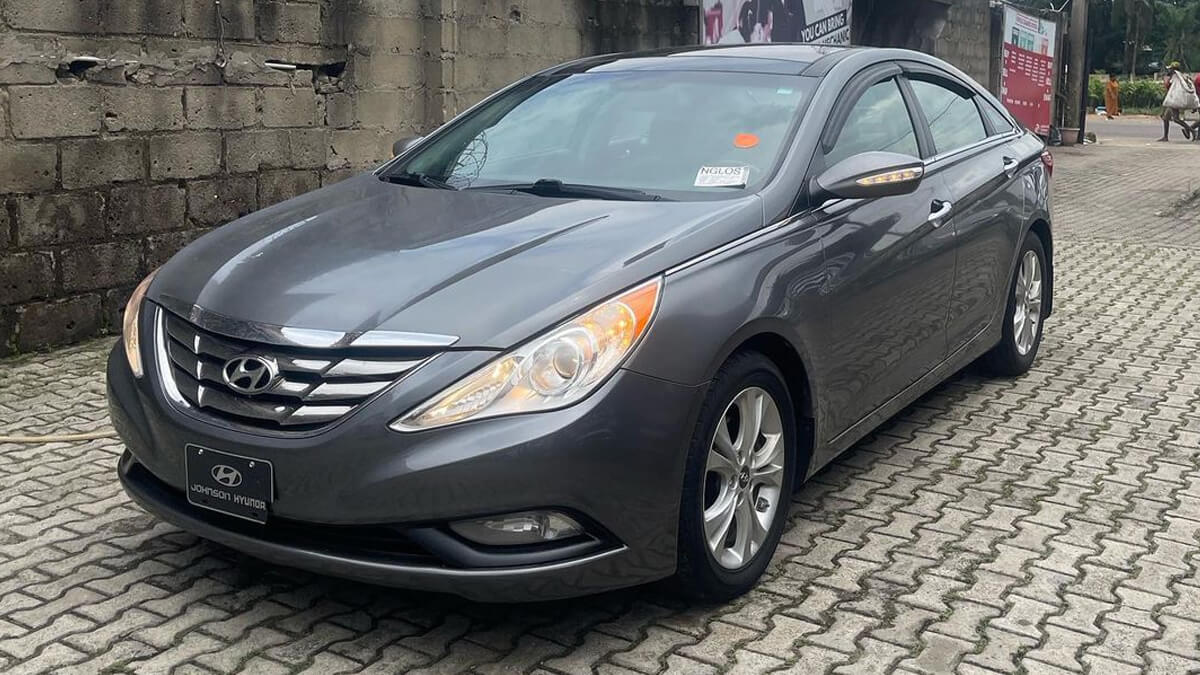For many pickup truck owners, doing their maintenance isn’t just about saving money; they enjoy doing it. Car owners are much the same. And overall, working on a truck is similar to working on a passenger car. There’s oil to change, tires to rotate, brakes to inspect, and so on.
Table of Contents
So, before you set down to purchase one, look at how pickup truck maintenance differs from car maintenance.
Unlike Cars, Pickup Truck Maintenance Requires Up-sized Tools and Parts
What is the most obvious difference between a truck and a car? Size. Wheels, brakes, engines—trucks are physically larger vehicles, with parts scaled up to match.
Lifting the truck in the air, for instance, requires floor jacks and jack stands that can take the truck’s weight. Checking their weight ratings is critical because you might be under the truck if the stands or jack fail. And keep a healthy safety factor in mind.
It’s not just the weight of the truck as a whole to keep in mind, either. Pickups have larger wheels and tires than passenger cars, especially if the truck’s built for off-roading. This becomes especially relevant if you need to change a flat or work on the brakes. Make sure you can safely remove the tire and wheel or have someone nearby to help.
Finally, because pickups often deal with large workloads, many of their bolts and screws are larger or screwed on tighter than on cars. Double-check if you have the correct size tools to work on them. Information can usually be found in an owner’s or repair manual or on owner forums. And for something like a stubborn lug nut—especially if it’s from a Ford F-150—longer-handled wrenches can help.
Pickup Trucks & Cars are Used Differently
The larger workloads are just one example of how owners use trucks and cars differently. Cars, even all-wheel drive ones, are rarely designed to go off-roading. They also can’t tow nearly as much weight as pickups can. But a pickup’s expanded utility and overlanding abilities need to be considered during normal maintenance. Or, depending on how you’re using your truck, “special maintenance.”
Depending on your regular driving conditions, many truck manufacturers provide a ‘special’ or ‘severe use’ maintenance schedule. This shortens certain service intervals and includes additional inspection areas. If you drive your truck in a hot and dusty environment, carry huge loads, or even take multiple short trips in a day, you may need to switch to a special maintenance schedule.
How Can You Wear or Tear A Truck?
Carrying or towing large amounts of weight also plays into your truck’s suspension and frame components. Suspension wears out in cars and trucks, but in most cases, only the shock absorber is regularly replaced.
However, since trucks can tow large quantities, PickupTrucks.com explains, that places additional stress on the springs and frame. Pickup trucks also have steering, suspension, and driveshaft joints that need to be regularly greased. If not, they can loosen or even break and cause the truck to go out of control.
Your pickup truck’s wheels and tires can also affect steering and handling, even more so than a car’s. Going over large holes and obstacles, especially at high speeds, causes the wheels to go off-balance and out of alignment. Not only does this affect handling and ride quality, but this can also cause uneven tire wear, which makes these problems worse.
Checking wheel balance and alignment is best suited for a repair shop. However, rotating your tires is doable for any home mechanic. Road & Track recommends rotating your tires at the same time as your oil change—your truck’s already in the air, anyway. Rotating your tires helps extend their lives. It can also improve your ride quality and prevent uneven suspension burden, and especially-uneven wear can help diagnose or pinpoint a more severe suspension problem.
Pickup Trucks & Cars Fluid Needs are Slightly Different
There isn’t any difference in what kinds of fluids trucks and cars need. They both need washer fluid, coolant, transmission fluid, and motor oil. For diesel, exhaust-treatment fluid is added to the mix.
As with tires and suspension, truck workloads sometimes mean regular fluid-replacement intervals get shortened, according to CarGurus. But there are further differences between trucks and cars when it comes to certain fluids.
Trucks usually have bigger engines than cars. These bigger engines need larger quantities of coolant and oil. But the kinds of conditions trucks see require slightly different ‘recipes’ for their oil. Truck oil is more viscous than passenger car oil. Also, and especially for diesel trucks, truck oil contains more additives and detergents to keep the engine clean. Both conventional and synthetic oil can be used, but experts suggest that synthetic oil additives may last longer. And, especially for trucks with high miles towing large loads, Popular Mechanics suggests high-mileage oils to help keep engine seals and valves in good condition.
Conclusion
Pickup trucks have their unique maintenance requirements from cars. But with the proper prep work, home mechanics should have no problems wrenching away.
Have 1 million naira and above to Buy or Sell Cars In Nigeria? Check carlots.ng
All rights reserved. Reproduction, publication, broadcasting, rewriting, or redistribution of this material and other digital content on carmart.ng is strictly prohibited without prior express written permission from Carmart Nigeria - Contact: [email protected]







